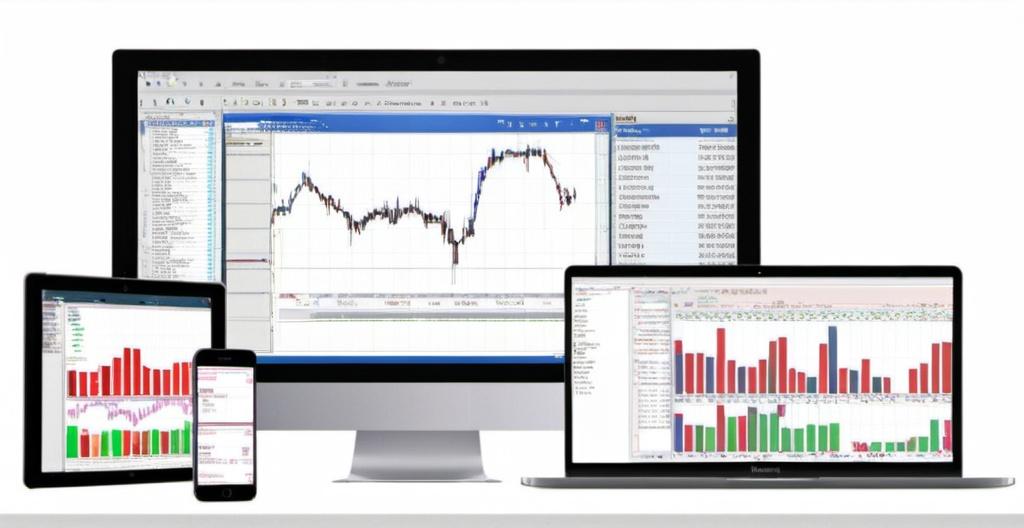A forex broker provides access to the currency markets by connecting retail traders to liquidity providers and interbank systems. Without them, an individual can’t easily buy or sell currency pairs at scale. They handle execution, spreads, leverage, and, in many cases, charting and analysis tools.
Types of Forex Brokers
There are two main models. Dealing desk brokers, sometimes called market makers, create their own market by taking the other side of client trades. They often offer fixed spreads but may involve conflicts of interest. Non-dealing desk brokers, such as ECN or STP models, connect traders directly to liquidity providers. These tend to offer tighter spreads and more transparency but can involve commissions per trade.
Spreads, Fees, and Leverage
Costs in forex trading usually appear in spreads, measured in pips. Some brokers charge a commission in addition to spreads, while others roll it all into the bid-ask difference. Leverage is another defining feature—many brokers offer high leverage ratios, sometimes hundreds of times the account balance. While this magnifies profits, it also magnifies losses, which is why regulation has forced leverage caps in several regions.
Regulation and Safety
The forex industry has its fair share of unregulated or weakly regulated brokers. Serious traders look for brokers licensed by recognized authorities like the FCA in the UK, ASIC in Australia, or CFTC/NFA in the US. Proper regulation means stronger client fund protection, regular audits, and more transparency. Skipping this step is one of the fastest ways traders end up in disputes or lose access to their money.
Platforms and Trading Tools
Most forex trading happens on platforms like MetaTrader 4, MetaTrader 5, or cTrader. The broker provides access to these platforms, often with added plugins, custom indicators, or proprietary apps. Features like one-click trading, automated strategies, and advanced order types matter more to active traders. Long-term position traders may need nothing beyond reliable order execution and access to historical data.
Choosing the Right Forex Broker
The best broker depends on your trading style. High-frequency scalpers need the tightest spreads and fastest execution. Swing traders care about overnight swap rates and charting tools. Longer-term traders focus on stability, margin requirements, and the quality of research. Customer support and withdrawal reliability are often overlooked but become critical at the worst possible time.
A practical place to compare and narrow down choices is Forex Brokers Online where traders can review fee structures, platform access, and regulatory details side by side.
Final Word
A forex broker is not just an account provider—they’re the middleman you rely on for every trade. The wrong choice means higher costs, execution delays, or even risks to your deposits. The right broker offers fair pricing, strong regulation, reliable platforms, and support you can reach when something breaks. In a market where small margins matter, picking the right broker is the first trade you need to get right.

